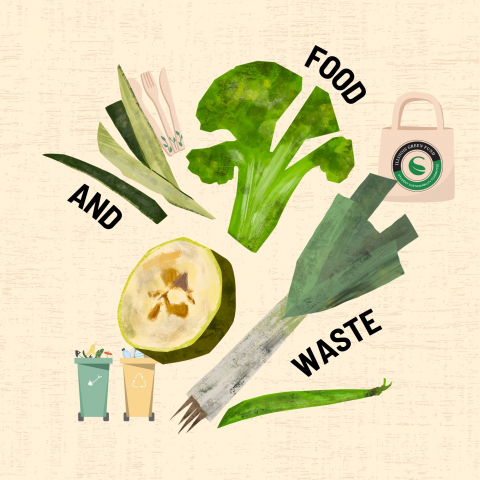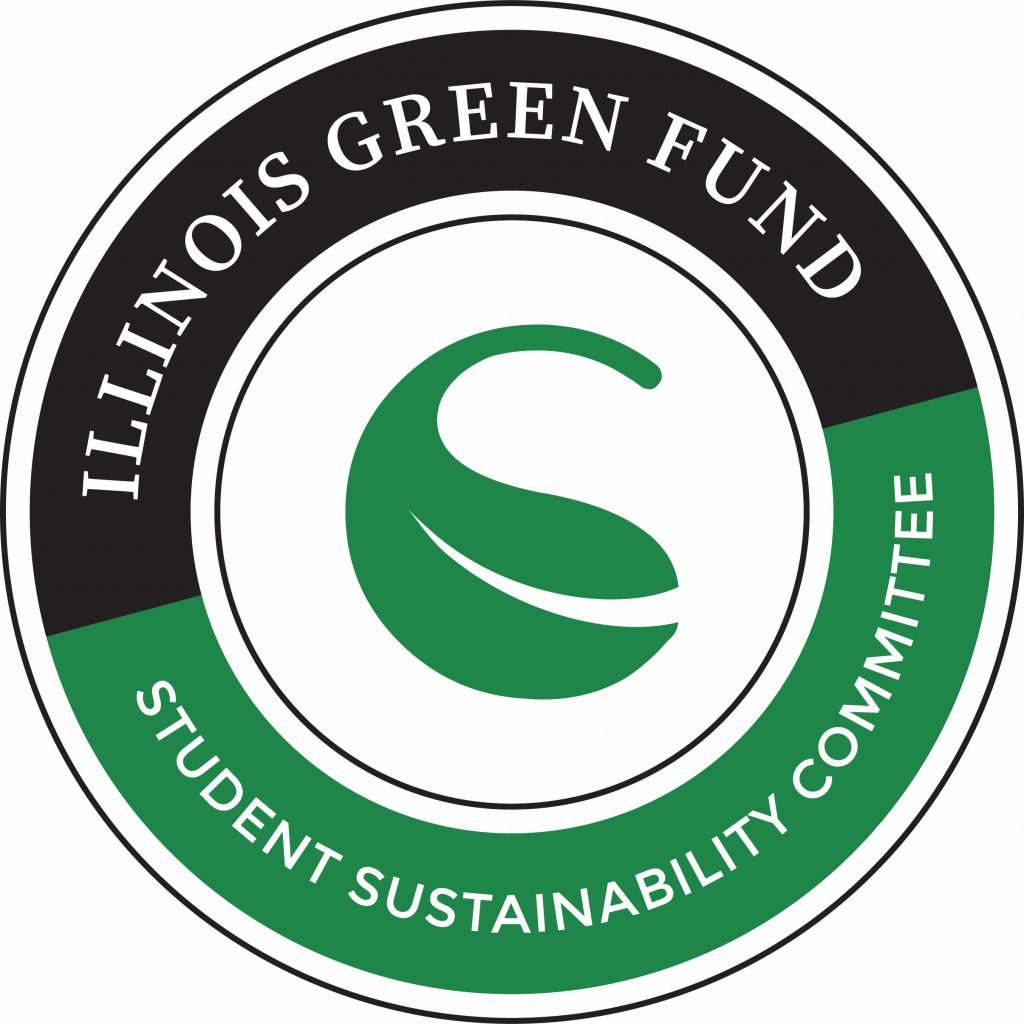You are here
- Home
- Myco-Cycling Spent Coffee Grounds into Food for Fungi
Myco-Cycling Spent Coffee Grounds into Food for Fungi
Project Description
This project aims to investigate the possible use of Spent Coffee Grounds, a common urban waste by-product, as substrate in the production of novel mycelium based composite materials. In recent years, the advent of new ecologically friendly materials produced using fungi's natural growth systems have been shown to be incredibly promising. From Leather alternatives (MycoLeather) to Biodegradable burial systems (MagicalMushroom Company's edenn), mycelial materials are environmentally friendly and open the doors to revolutionize industries that have historically been incrediby harmful to the ecosystem such as leather. The goals of this are two-fold: 1) divert Spent Coffee Grounds from entering the waste pipeline and 2) to investigate a possible framework for environmentally friendly materials production in dense urban areas where fresh food may be hard to access. Through preliminary testing, we’ve found coffee grounds alone to be a viable substrate for Lions Mane (Hericium erinaceus) and Reishi (Ganoderma lucidum) species that are of high interest and value in consumer markets today as supplements and food products, and have been identified as viable species for bio-material fabrication. The produced mycelium and possible mushrooms produced will be analyzed for any contaminants, and if possible, may provide a new avenue for production of edible mushrooms from waste. If the mushrooms produced are deemed inedible, the project will still have produced usable mycelium materials and excess can be used as highly-valued mushroom compost.
What would this look like? Since coffee grounds are ideal breeding grounds for fungi, they are also extremely well-suited to growing mold. Because of this, they are known to mold quickly in open air, despite being sterilized in the brewing process. This presents a health hazard for businesses, complicating the issue of coffee ground collections. To combat this, we will provide businesses interested in a partnership with autoclavable biohazard collection bins which will be retrieved and emptied daily as they become full or before the end of the business day. To make these bins attractive to businesses, and prevent the impression of dangerous materials being collected, sleeves will be made out of unwanted clothing collected through clothing swaps and clothing drives, with denim material placed at a high priority for its durability and possible recyclable qualities. These cover bags will be made to fit snugly over the autoclavable bins and screenprinted with a specially designed logo meant to evoke the symbology of recycling and waste disposal bins, as well as instructions for use and contact information for when the bin is full. If funded, this will also include an SSC logo and mention of funding for public facing awareness. These coffee grounds collected at business sites will be transported to a 3rd site where they will be dried and processed. To ensure the cleanliness of this process, grounds will be dried out in a clean “room” constructed with plastic sheeting over a metal tubing frame, at one end will be a laminar flow hood outfitted with HEPA filter blowing an even flow of sterile air over the coffee grounds while the chamber is kept sterile through positive pressure. Following drying, these grounds will be stored in 5 gallon food safe bins until they can be rehydrated to 65% water by weight, mixed with different ratios of sawdust and/or cardboard amendments, sterilized, and inoculated with identified mushroom species. Meanwhile, collected coffee grounds will already be used to produce “coffee agar” plates to test viability of various mushroom species, including locally adapted varieties of Artists Conk (Ganoderma applanatum) and Hericium coralloides. Some grounds will also be used on their own in petri plates to test aptitude to coffee grounds as raw material and mycelial mat testing. The culmination of this will be a research paper on the efficacy of using spent coffee grounds as a substrate for mushrooms and the viability of the mycelial network produced as an opportunity for food production after sufficient edibility testing or bio-based material development through glycerol and propylene glycol processing. After the writing of the research paper though, we plan to continue fostering relationships with local businesses by providing them access to fresh gourmet mushrooms at a low cost, and using collected grounds as aid for teaching mushroom inoculation techniques to the interested public and showing the public how they can use the domestic waste they produce everyday to produce mushrooms for themselves, as well as producing mushroom fruiting blocks for consumers or researchers alike.
No description has been provided yet.
Funding Details

SSC Basic Info
Associated iCAP Portal Project(s)
SSC Project Team
Project Lead:
Financial Advisor:
Project Advisor:
Team Members:
- Max Keenan
Project Application
Project Award Letter
Project Semester Report

